The strategy of education in the Russian Federation for the period up to 2025, signed by Prime Minister Dmitry Medvedev, said that the strategy is based on a system of spiritual and moral values prevailing in the process of cultural development in Russia (see. The list below). What do they think about this list of traditional values of the priests?
Spiritual and moral values prevailing in the process of cultural development in Russia (according to the Strategy of development of education in the Russian Federation for the period up to 2025)
- humanity
- justice
- honor
- conscience
- will
- personal dignity
- in good faith
- the desire to fulfill a moral duty to himself, his family and his Fatherland
We must look for the wording to be adopted by all
Archpriest Alexander Ilyashenko, rector of All-Merciful Saviour Sorrow former monastery (Moscow)
![20150604-5O3A1616 copy]()
I think the idea of the document is good and correct, but it needs to be more refined. For example, in the Strategy there are stamps coming from the Soviet era. Thus, according to the education of the individual, to realize their potential in today’s society. But modern society – is not a constant, volatile, and what time they will exist in this form – not known: the conditions of our lives are changing fast enough.
So, we focus on the personality of a short historical period, to something fast-paced, transient? Or maybe give her traditional values that are truly significant in the past and in the present and in the future? The controversy goes.
The document lists the traditional values, and the words seemed to be identified correctly, but some can be understood in the broadest sense, and sometimes, unfortunately, not as they were understood by the creators of the document.Under them you can adjust any point of view, even one that is contrary to the authors.
For example, what does “moral duty to himself, his family and his Motherland”? Here, for example, General Vlasov believed that he was doing his moral duty to ourselves and to our Fatherland, with the swearing himself to Hitler.
The strategy is designed for ten years. It is also, incidentally, seems to me strange. How can the strategy of moral education only take ten years? What a decade it has to be replaced? After all, at its core strategy – something slowly changing. The strategic objectives should not be short-term.A sphere of moral education should focus on the really traditional values that were just hundreds of years ago.
By the way, dropped from the document is such a thing as patriotism. It’s not only a personal duty to the family and the Fatherland, but something more specific and wider at the same time.Our ancestors had a wonderful synthesis, the imperative – to serve the Fatherland faithfully. The words “faith and truth” no longer has the double sound, they can not be interpreted arbitrarily.
This document is about the moral education of children. It is important to ask the question – who we want to get out of these children through the years? If true sons of their homeland, ready to serve her all that they have, it is – an important installation.
In one sentence it is impossible to put a deep and comprehensive thought, but you must choose the wording that appeared really thanks to the national experience and wisdom of the people, and are difficult to interpret in any other way. It requires a lot of work – intellectual, research, historical and so on. Therefore, I repeat, I would suggest that the document has to work hard.
We must look for the wording to be taken by all, to all our people. He must feel that all that sounds in the document comes from his long-long tradition and consistent with its inner values.Then do not have to write a strategy for ten years, fifteen, twenty: it is natural for people, deep and therefore constant.
The values that prevent bribes
Archpriest Fedor Borodin, rector of the church of Saints Cosmas and Damian disinterested on Maroseyka in Moscow.
![Archpriest Fedor Borodin]()
I believe that the document – a fine list of traditional values. For us Christians, the values born of our faith and its feed.
But if the government will bring in the citizens of respect for them and teach those values in ways which he has, first and foremost, of course, through school, I’m all for it. Since we are lacking in all of our lives.
I can say from my own practice I am fifteen years, since 1992, in secondary schools led the subject, which is now called the fundamentals of Orthodox culture. So, the children eagerly listen to the words of any virtue, of honor, of conscience. As a dry land, they absorb moisture stories about the noble deeds of those who lived on this earth before. All this is human forms.
Moreover, if a person is committed to the good, and his family all these things do not explain, do not talk about the basic moral principles, referred to in the document, I heard the school will behave differently than their parents.
It is important to overcome the current situation, in which the school has long eliminated from education, leaving only the teaching. The school, of course, is to educate. And in school and at the institute must be a code of conduct, the distinction between permissible and not permissible things.
I remember when I entered the seminary in 1988. Our flow was the first that scored just four classes, before gaining one or two. And somehow I was talking to a student academy and heard from him: “You and I became tough. When the time came, we learn, we digested the general atmosphere, we learned how to behave as well as possible. You so much, often you behave properly and do not feel like it is discordant with our traditions. ” Still later these same traditions and we won.
So, I repeat, school must educate man. This can be done on the basis of the teaching of literature, national history. Although it happens that teachers and non-humanitarian subjects – mathematics, physics, chemistry – are also moral ideals for children – by how he behaves and his behavior is consistent with the Code, which is declared in the school. Such a teacher may remain forever an older friend, a teacher of life for the growing child.
Now we are faced with the fact that the basic values of our society, unfortunately, become a consumption profit, entertainment, relaxation, and other things that are destroying the country and the human soul. This, of course, must be resisted.
If the list of values listed in the document, will work in our society, all of us will be much easier to live with. The document states the duty to the Fatherland, before the neighbors. I have expanded this concept and introduced to the principle of service, because in Russia this principle, particularly for the sovereign people – the only principle that can make a person internally to resist the temptation to take bribes or use their office as a personal resource.
List of values - only in the context of the Strategy
Archpriest Maxim Pervozvanskii, chief editor of “heir”
![Archpriest Maxim Pervozvanskii. Photo by Yulia Makoveychuk]()
The document, in my view, is built is very interesting from the point of view of that part where like individually identifiable values, allows shield themselves from too radical liberals: “We’re nothing much said” … That is in the list, no specific traditional values no – listed blurry general concepts of the series “for all the good against the bad things.” If it looked as Russia is ready to educate and protect such traditional values here, then it would rather fail than achievement.
But this list should not be considered outside the context of the strategy as a whole.
Because then, at different points of the document, the accents are placed after all, it says about the important things, including about the real values.
This document clearly shows the concern of our leadership that the country does not have an ideology. And that’s bad in a clear military threat, which is our state, military – in the sense definitely going “cold war”. Typically, the support of the state are the people who, in the words of the Strugatsky, I want weird. They are not limited to food, garden, house, a dog, a pair of children, looking for a more serious and deeper meanings. Such people are necessary for the country Matrosov, Panfilov Pavlichenko. Such people are going to, cementitious core. To such people appear, they must be prepared not only in words, but the whole life to accept certain ideas. But where to get the idea, if the conditions of the society in which we live, there is no ideology. The problem is that we really are living in a secular state and the Constitution we have written the absence of state ideology.
That’s why we have a sad example of Wari students who wanted to go to LIH.
I think that the government is well aware of, and therefore the concept of special education gap left. This is a public document, and that its importance. On the one hand it is the most broad, the other – talking about education as a priority. In the nineties of the last century, the word education in general were seized in “zero” – was allowed, allowed the wayside. This document education back into society as an essential component of it.
“Values” in isolation from the Christian ethics are transformed into abstract concepts
Abbot Agafangel (White) rector of Bishops monastery of St. Nicholas Cathedral in Valuiki (Valuiskaya and Alekseevskaya Diocese), a member of the Synod of the Missionary Department, the head of the camp missionesrkogo “Savior” in Sec. Tiksi Sakha Republic.
![02]()
It is understood the desire of the government of the Russian Federation once again somehow strengthen, unite the people of our country, considering the “urgent needs of the modern Russian state and society”, drawing on traditional and cultural values. It is a pity that, in this case, in the “Order number 996-p” confesses not a Christian, and it is a pagan approach to the characteristic of the Roman Empire, for example, recognizing all the gods of all religions, as long as their adherents worshiped the emperor and served to strengthen state. That is why, incidentally, were persecuted Christianity – as the Christians could not recognize the divinity of the emperor.
Yes, and humanity, and brotherhood, honor, conscience, freedom, dignity, faith in goodness and etc., etc., – very good. But by themselves, apart from Christian ethics, they are transformed into abstract concepts. What does the abstract “in good faith” and who is the source of “conscience and moral duty” in a person?
In Christian axiology in the first place is the God and follow his commandments, and in second place is the people, because in our relationship to God and our relationship is built neighbor.Here, humanity is not a goal but a means. Conscience and Freedom – the gift of God, and he who believes in “good” know the name of Him Who is the Source of all good.
In any case, what is planned to talk with children about morality and humanity, not bad. But you can not argue with the hypocrisy that we rely on the “system of spiritual and moral values prevailing in the process of cultural development of Russia”, without saying a word about Christianity, which became an important factor in forming the whole of what we might call the Russian culture. It seems that once again, trying to take the Church that is necessary and useful to the state, leaving behind the very Church of Christ.
We could not be ashamed of its Christian roots
The priest Philip Ilyashenko, Deputy Dean of the Faculty of History PSTGU.
![The priest Philip Ilyashenko]()
When we say the word “strategy”, we understand that we are not talking about something momentary, what is operative, not about something tomorrow that there is a tactical and a strategic, that is what defines the future. The strategy determines the future. Do not take on the responsibility to talk about what should be the strategy for the development of education in our country today, but will express some thinking about the material that is presented to us as a document that defines the strategy, that is our future.
This document is already on the first page in the “General” gives the basis on which the education system should be built. There are four lines of text, two and a half of which is devoted to transfer these strategies “spiritual and moral values, which have emerged in the process of cultural development of Russia.” I think that in itself is not a new listing reflects the outlook for the human relation to the traditional spiritual and moral values as a common humanistic values, as the values that are in themselves relatively human.
But we need to be, probably, less educated, more historically illiterate man, “Ivan, not mindful of kinship” to deny that all so far known to spiritual and moral values, traditional values - are the values associated with Christianity, that is Christ. When we see a list of what constitutes the spiritual and moral values on which to base a strategy of development of education in Russia in the next 10 years, we must say that this list is difficult to see Christ, it is difficult to see the basis on which alone can grow any, declared in the list value, and accordingly, can be built for a raise.
We live in a unique time in a certain sense, the mask dropped. We can no longer wear their appalling hypocrisy and demagogy and lies just mask the communist ideology of the Soviet period, to poison and destroy the great nation, with all its cruelty and hardship of creating its existence – great state, which was the Union of Soviet Socialist Republics. We can now call a spade a spade. Today we can say that Fascism is fascism, and do not talk about intimate concentration camp, trying to justify Nazism. And we do not need to talk about the great Stalin, Stalinism trying to justify itself, and the lies of communism, lies the Bolshevik Leninist state in general.
We can now speak directly behind a remarkable Russian ruler that “Russia has no allies other than the army and navy.” Moreover, now with some relief we can say that now these allies that Russia still there. Five years ago it was possible to question whether there is still alive these allies – the army and navy – or have moved to another world, and more of them there. Now, I think we can say that they are.
Finally, you can really say right now that this great friendship, these hugs and handshakes that greeted the civilized world, we thought, our freedom, were really welcoming and the destruction of the great state of geopolitical, economic and military rival. We can not pretend that their values - is everything to us, and our goal – the values that the Western world lives. We can call perversion perversion, same-sex cohabitation is not a family, and blasphemous and unnatural human condition. We can call the family union of a man and a woman who love each other, their relationship to determine the appropriate civil acts, and sometimes a testament to the religious succession.
We can talk about that now showed their attitude to our country and to our people its real friends, friends false and hidden enemies. Not to engage in a witch-hunt, not to initiate aggression and hysteria, which filled our lives in recent years, it is not for that. We live in the real world, and we belong not by their own merits and on the merits of ancestors to the great people, and we have a debt left to us of St. Vladimir, St. Andrew, the other apostles and the Enlightenment of Russia, to store and to testify that treasure which was preached and given us more than a thousand years ago.
Now we would not be ashamed of his Russian origin, or its Christian roots and to talk about it vividly. I’m not a politician and I do not presume I deeply respected politicians something to learn, because it is they, as they say, bread, their profession, their duty. But I, as the inhabitant of this country would like to see something on which my country is, that from which it has grown, and that, without which, as history has shown the XX century, can not survive without causing some embarrassment to declaration of any public policy, especially in the documents that define the future of our country. And only in this sense, I think that the document needs to be some understanding and development.
Do I have to deal with the future of our country? Of course, it is necessary, because our future is created today. What does it depend on? That’s right message – the future depends on children and youth, as we educate them, and so will our future. In this sense, this document of our time is ripe. By itself, the need for this document reflects the current state of our crisis and outlook. This document is required. That is today’s crisis situation, the state, I think, allows us to speak in plain terms that we, for whatever political or other reasons, hesitate to say 10-15 years ago.
Podgovili Oksana Golovko, Tamara Amelin
Source: http://www.pravmir.ru/v-rossii-utverzhden-spisok-duhovno-nravstvennyih-tsennostey/
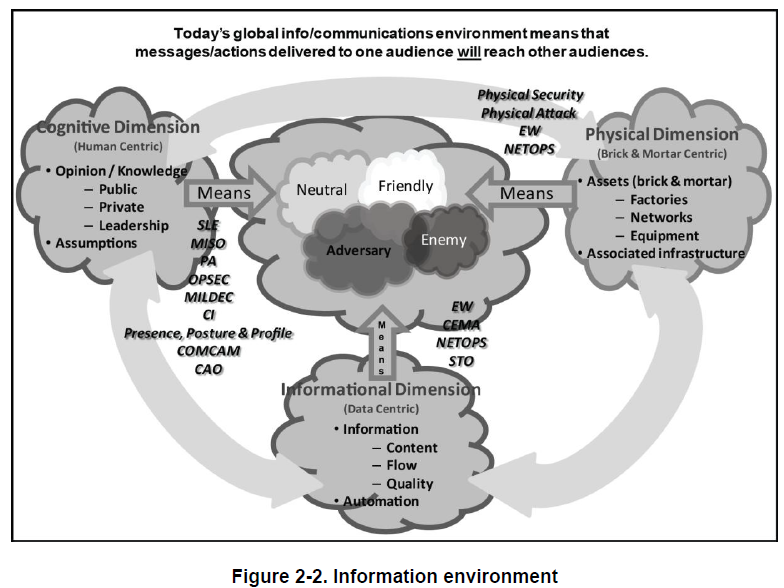

 Soviet and Russian Disinformation are a subset of what are called Active Measures.
Soviet and Russian Disinformation are a subset of what are called Active Measures.


































 Opinion: Propaganda lobotomized Russians in 2015
Opinion: Propaganda lobotomized Russians in 2015



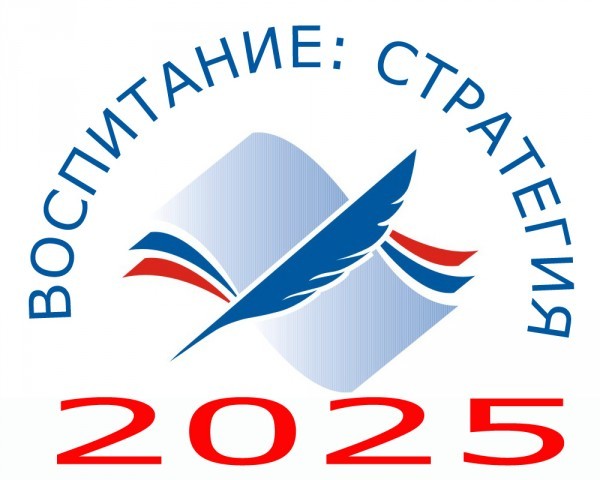 On the surface we should celebrate for Russia, they have an official list of spiritual and moral values.
On the surface we should celebrate for Russia, they have an official list of spiritual and moral values.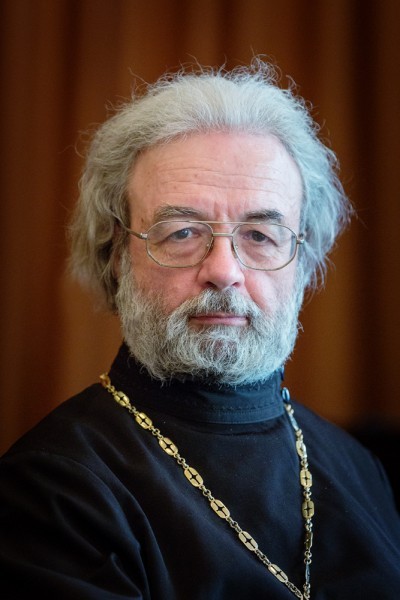
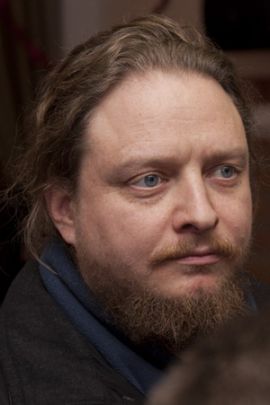


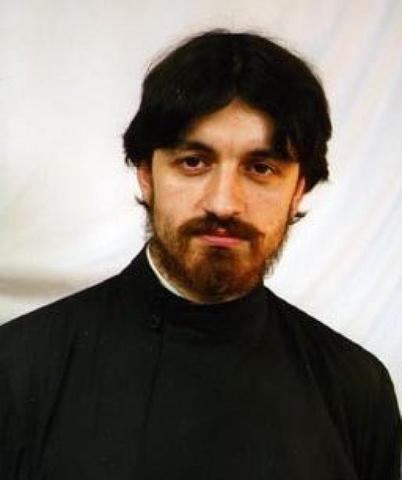

 By Paul Goble
By Paul Goble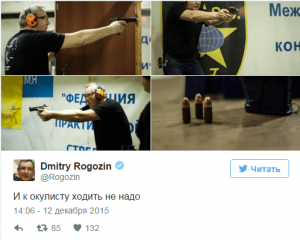



 By Paul Goble
By Paul Goble
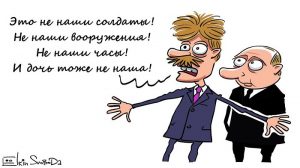
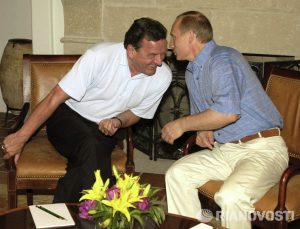
 Disinformation Review: Week Nine
Disinformation Review: Week Nine









